For April, Diversity Month, the Zinn Education Project collaborates with StoryCorps to share resources on the Anglicizing of names. Featured resources are “To Say the Name Is to Begin the Story,” a community building lesson by Linda Christensen on the personal and cultural significance of naming, and an animation by StoryCorps called Facundo the Great. We also present a list of books and resources for the classroom on the politics and practices of naming for grades K-12.
In the animation of his Storycorps interview, Ramón “Chunky” Sanchez recounts how names at his elementary school in Southern California were Anglicized. It’s a funny yet poignant resource that can be used at different grade levels. In “To Say the Name Is to Begin the Story,” Linda Christensen shares a classroom-tested teaching strategy to elicit student stories about the importance of naming.
Rethinking Schools has posted Linda Christensen’s lesson “To Say the Name Is to Begin the Story” online for free access. “To Say the Name” is one of more than a dozen lessons and articles in the book, Reading, Writing, and Rising Up: Teaching About Social Justice and the Power of the Written Word published by Rethinking Schools.
Let us know if you use the animation and lesson in your classroom. You can also listen to Stories of Teaching People’s History from our 2011 collaboration with StoryCorps’ National Teachers Initiative.
Excerpt from “To Say the Name Is to Begin the Story”
“‘To say the name is to begin the story,’ according to the Swampy Cree Indians. In my English courses we begin our ‘story’ together by saying our names—and by telling the history of how we came to have them. Because the first day of class lays a foundation for the nine months to follow, I want our year to begin with respect for the diverse cultural heritages and people represented not only at Jefferson High School, but in the world.
“We also speak—using student knowledge as well as mine—of how historically some groups of people were denied their names. Many people from Eastern Europe had their names shortened at Ellis Island because their names were too long and too difficult for officials to pronounce. When Africans were stolen from their homeland, their names and their history were stripped as well.”
Visit Rethinking Schools to download lesson.
Facundo the Great
Facundo the Great is an animation that accompanies a story told by Ramón “Chunky” Sanchez about the painful history of school authorities Anglicizing students’ names—-in the process, stripping children of their family history and identity. With a humorous twist, Sanchez recounts how the administration calls an emergency meeting to discuss how to abbreviate the name of a new student, Facundo. If Ramón becomes Ray, what happens to Facundo?

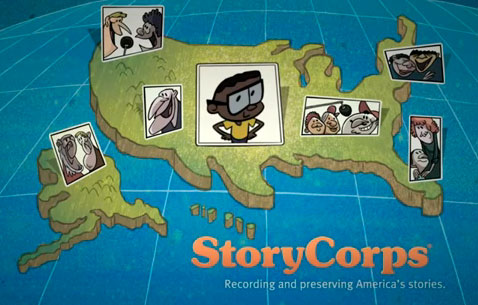
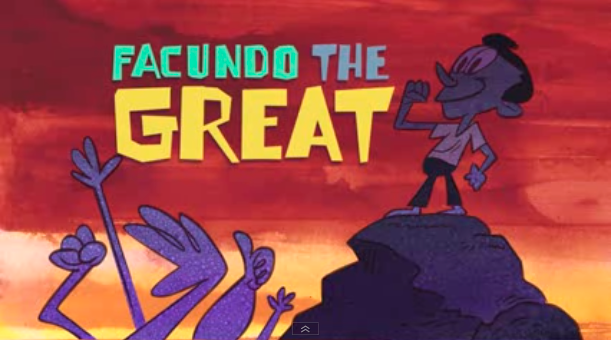
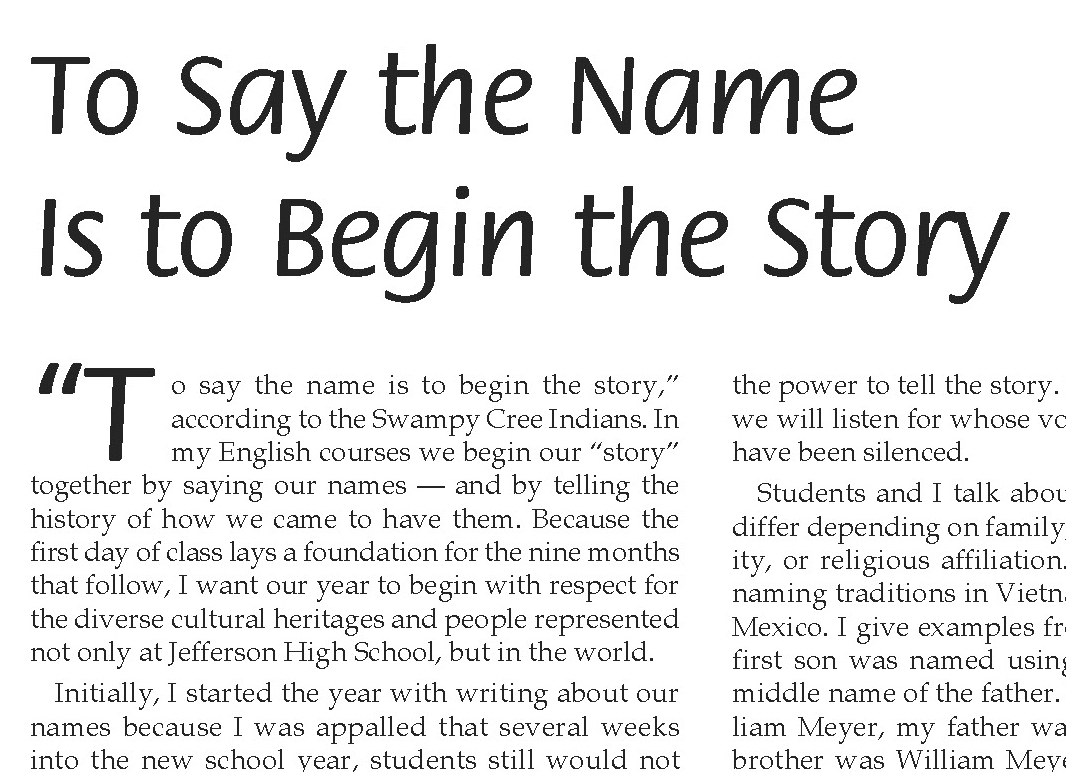
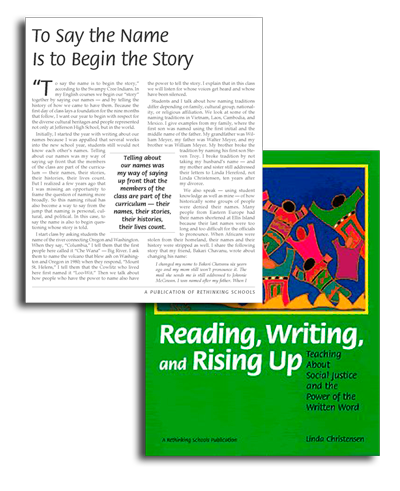
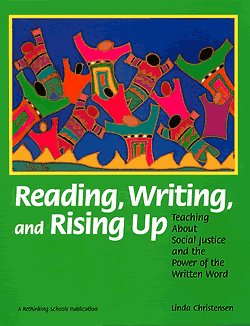
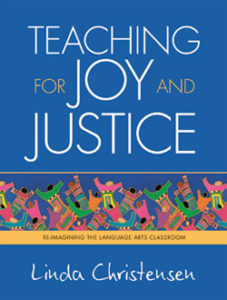
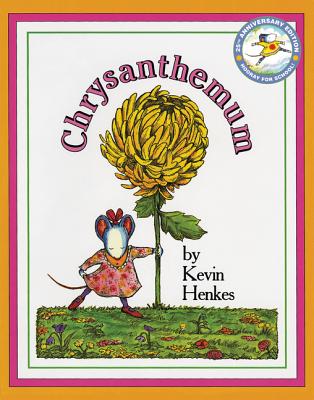
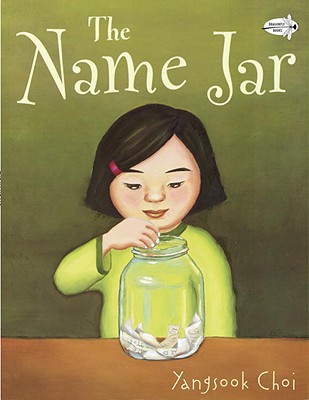
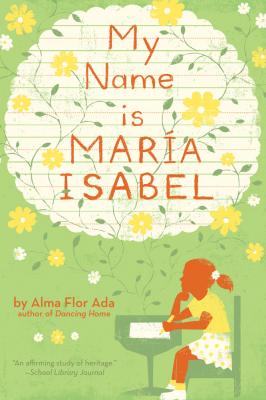
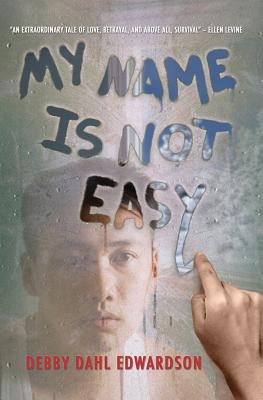
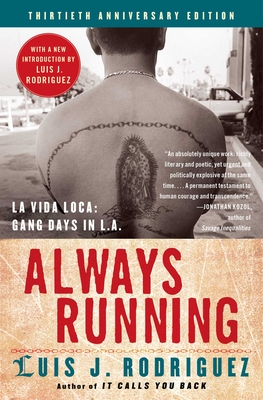





Twitter
Google plus
LinkedIn